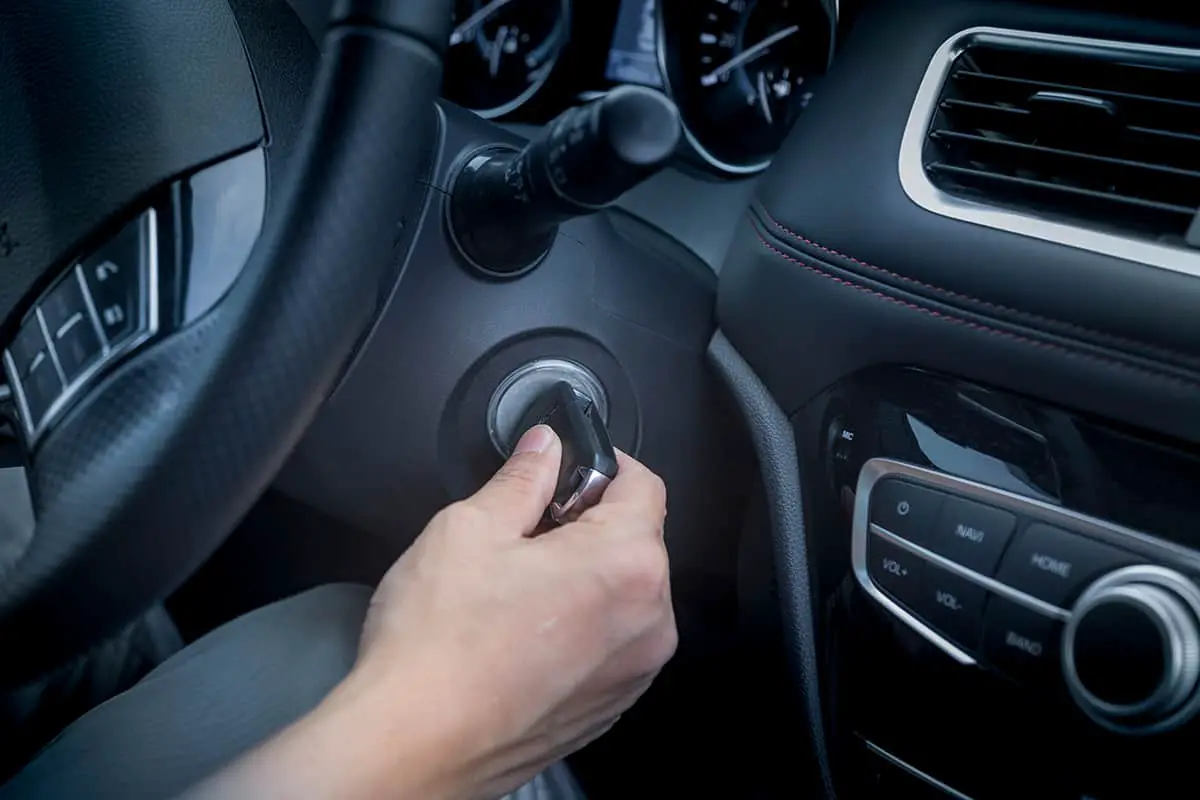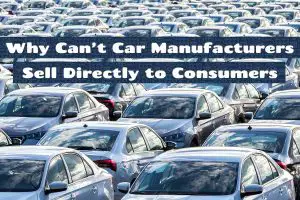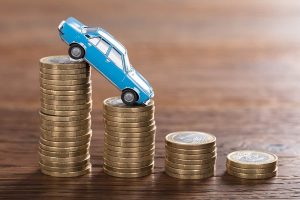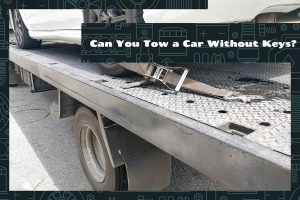Have you ever experienced your car stalling or having trouble starting after getting gas? It can be a frustrating and concerning issue, especially if it happens frequently. There are many potential causes for a car to stall after filling up, so it’s important to understand what’s happening and how to address the issue.
These are the likeliest culprits if your car still stalls after filling the tank with gas:
- Fuel quality issues
- Fuel system problems
- Fuel injector issues
- Air intake and exhaust system problems
- Ignition system problems
- Electronic and sensor issues
- Vapor lock
- Evaporative emission control system issues
- Transmission problems
In this blog post, we’ll explore the various reasons why your car may stall after getting gas and provide some tips on what you can do to resolve the problem.
Car Stalls After Getting Gas—Causes and Solutions
There can be several reasons why your car stalls after getting gas, from a faulty fuel pump to a dirty air filter. In this section, we’ll examine the most common causes of this issue and provide some solutions to help you address and prevent it.
1. Fuel quality issues
a. Contaminated gasoline
Contaminated gasoline occurs when water or sediment enters the fuel tank, which can happen during the gas station’s storage or delivery process. This contamination affects the engine performance by causing stalling, hesitation, or even engine damage in extreme cases.
Solution: Use a fuel stabilizer or replace the contaminated fuel with fresh, high-quality gasoline. You may need to siphon the old gas.
b. Low-octane fuel
Octane ratings measure a fuel’s ability to resist engine knocking. Using low-octane fuel in high-compression engines may lead to stalling or poor performance.
Solution: Always use the recommended octane rating for your vehicle.
2. Fuel system problems
a. Clogged fuel filter
A clogged fuel filter restricts the flow of fuel to the engine, which can cause stalling, especially after refueling.
Solution: Inspect and replace the fuel filter as needed.
b. Faulty fuel pump
A failing fuel pump may cause stalling or performance issues, as it struggles to supply the engine with sufficient fuel.
Solution: Inspect and replace the fuel injector as needed.
3. Fuel injector issues
a. Dirty fuel injectors
Dirty fuel injectors can disrupt the flow of fuel into the engine, leading to stalling or poor performance.
Solution: Use a fuel injector cleaner or have the injectors professionally cleaned.
b. Leaking fuel injectors
Leaking fuel injectors can cause stalling, as well as reduced fuel efficiency and performance.
Solution: Have it inspected and repaired by a professional.
4. Air intake and exhaust system problems
a. Clogged air filter
A clogged air filter restricts airflow to the engine, which can lead to stalling or reduced performance.
Solution: Inspect your air filter regularly and replace it when necessary to avoid this issue.
b. Malfunctioning exhaust gas recirculation (EGR) valve
The EGR valve helps reduce emissions by recirculating exhaust gases back into the engine. A malfunctioning EGR valve can cause stalling or performance issues.
Solution: Have it inspected and replaced by a professional as needed.
5. Ignition system problems
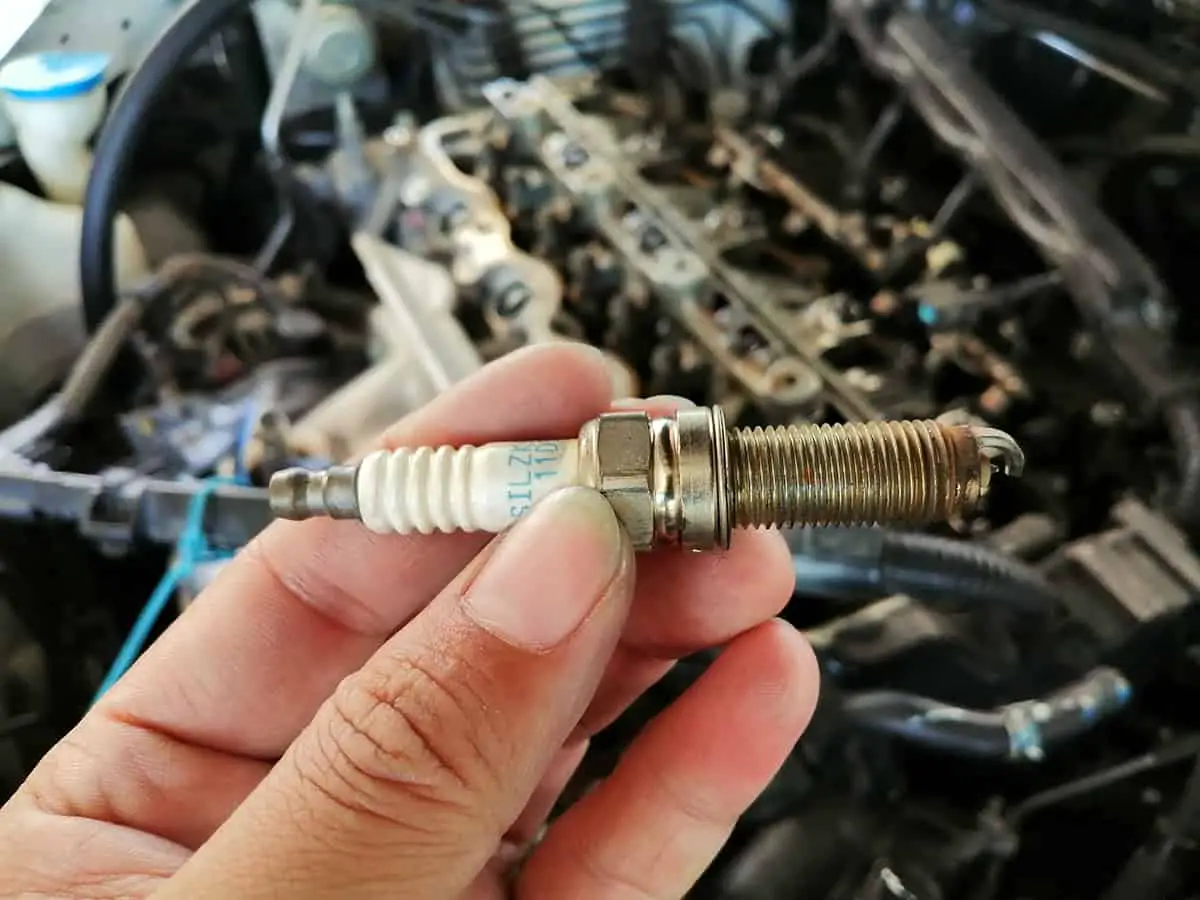
a. Worn spark plugs
Spark plugs play a crucial role in igniting the fuel-air mixture in the engine. Worn spark plugs may cause stalling or poor performance.
Solution: Inspect and replace spark plugs as needed to maintain optimal engine performance.
b. Ignition coil failures
Ignition coil failures can cause stalling by disrupting the spark needed to ignite the fuel-air mixture.
Solution: Have it inspected and replaced by a professional.
6. Electronic and sensor issues
a. Throttle position sensor (TPS) malfunction
The TPS monitors the position of the throttle, sending this information to the engine control module. A malfunctioning TPS can cause stalling or other performance issues.
Solution: Have it inspected and replaced by a professional.
b. Mass air flow (MAF) sensor issues
The MAF sensor measures the amount of air entering the engine, allowing the engine control module to adjust the fuel-air mixture accordingly. Issues with the MAF sensor can cause stalling or performance problems.
Solution: Have it inspected and replaced by a professional.
7. Vapor lock
Vapor lock occurs when fuel in the fuel line or fuel pump turns into vapor due to excessive heat, preventing fuel flow to the engine. This can lead to engine stalling, especially after refueling.
Solution: Allow the engine to cool down before attempting to restart. If the problem persists, consider insulating the fuel lines or upgrading to a fuel pump with better heat resistance.
8. Evaporative emission control (EVAP) system issues
a. Loose or damaged gas cap
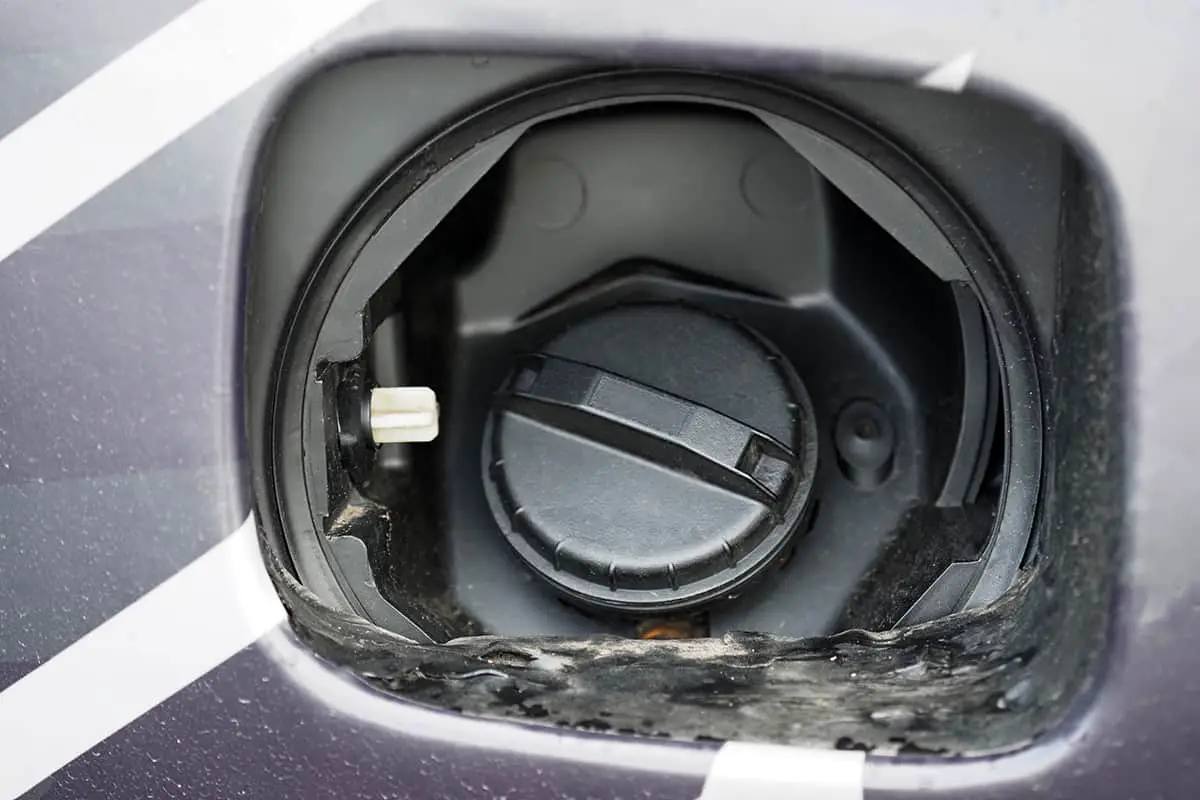
A loose or damaged gas cap can cause stalling by allowing fuel vapors to escape, disrupting the EVAP system’s ability to maintain proper pressure.
Solution: Check the gas cap for damage and ensure it is properly tightened after refueling.
b. Purge valve or vent valve malfunction
The purge and vent valves play important roles in the EVAP system, helping to control the release of fuel vapors into the engine. Malfunctioning valves can cause stalling or performance issues.
Solution: Have them inspected and replaced by a professional.
9. Transmission problems
Transmission issues, such as a failing torque converter or a malfunctioning transmission control module, can cause stalling after refueling.
Solution: To identify and resolve transmission-related stalling issues, consult with a professional mechanic. They will diagnose the issue and recommend the appropriate repairs.
Preventive Measures

To prevent stalling issues after getting gas, follow these routine maintenance tips:
- Regularly inspect and replace fuel filters to ensure proper fuel flow.
- Check and clean or replace air filters to maintain optimal airflow to the engine.
- Service fuel injectors as needed to ensure efficient fuel delivery.
- Inspect and replace worn spark plugs and ignition coils for optimal ignition.
- Regularly check and tighten the gas cap to maintain proper pressure in the EVAP system.
- Keep up with scheduled maintenance to identify and address potential issues before they cause stalling.
FAQs
1. How can I tell if my fuel filter is clogged?
Signs of a clogged fuel filter include poor acceleration, decreased fuel efficiency, engine stalling, or a rough idle. If you experience any of these symptoms, it’s a good idea to inspect and replace the fuel filter if necessary.
2. Can a dirty air filter cause stalling?
Yes, a dirty air filter can cause stalling by restricting airflow to the engine. This can result in a poor fuel-air mixture, leading to stalling or reduced engine performance. Regularly inspect your air filter and replace it when necessary to avoid this issue.
3. What should I do if my car stalls after getting gas?
If your car stalls after getting gas, consider the following steps:
- Safely pull over and turn off the engine.
- Check for any visible issues, such as a loose gas cap or signs of fuel leaks.
- Restart the engine and see if the problem persists.
- If the problem continues, consult a professional mechanic to diagnose and address the issue.
4. Can bad gas from a gas station cause my car to stall after getting gas?
Yes, bad gas from a gas station can cause your car to stall after getting gas. Contaminated gasoline containing water, sediment, or other impurities can disrupt the proper combustion process in the engine, leading to stalling, hesitation, or even engine damage in severe cases.
5. Can a malfunctioning engine control module (ECM) cause my car to stall after getting gas?
Yes, a malfunctioning ECM can cause your car to stall after getting gas. The ECM is responsible for managing various engine functions, including fuel injection, ignition, and air intake. If the ECM is not functioning correctly, it can lead to incorrect fuel-air mixtures, ignition problems, or other issues that result in stalling or poor engine performance.
